




It is never easy for someone who has lost a member of the family, even when it comes at the end of a long life or a prolonged illness. The loss is always deeply felt and followed by a period of grief. Considering this, how can you help support a friend who has suffered such a loss? Here are seven simple suggestions.
1. Be there for your friend
Expressing your support by being physically present with your friend is perhaps the single most appreciated action you can take. Because of the sensitive nature of the situation, many friends fail at this most basic task. Be sure to devote some time to spend with your friend in the days and weeks following the loss.
2. Don’t talk; listen
Your friend is likely experiencing a number of thoughts regarding the deceased, and you can be their sounding board. It is appropriatefor you to offer the occasional comment in order to share personal recollections, express sympathy, and provide encouragement, but most of the time you should just listen to what they have to say, and empathize with the feelings they share.
Allow your friend to work through volatile emotions, freely express grief without fear of judgment, and tell you how the deceased had an impact on his or her life.
3. Provide childcare
If your friend has children, volunteer to take care of them for an afternoon or evening. Particularly if your friend has to make funeral arrangements to handle, your offer can allow them to focus on those responsibilities without the hassle of arranging for a babysitter.
4. Drop off a meal
Prepare a home cooked meal and deliver it to your friend. There are enough things demanding their attention—preparing meals doesn’t have to be one of them. However, don’t pressure your friend to invite you to stay to share the meal. Rather than intruding on family time, simply drop the meal off and leave.

5. Show up for visitation and for the funeral
A day or two prior to many funerals, there are times designated for visitation. Often called a wake, this is an opportunity for people togather to view the body and to express their condolences to the family. Show up for at least a few minutes during one of these times,and then do your best to attend the funeral itself. If you are unable to attend the funeral in person, at least check in periodically over the phone or online.
6. Offer to help out with the reception
If your friend is responsible for organizing a reception following the funeral, volunteer your services. There are a variety of ways you can help out. For instance, you can offer your home as a possible location. You could also help with preparations if the reception is to be held at another location. If sandwiches or sweets are desired, you could offer to prepare some. During the reception, you could assist as a host. Afterward, stick around to help clean up.
7. Check in
Grief doesn’t simply end after the funeral. In fact, after the funeral is when the journey through grief truly begins. Check in with your friend regularly after the death. Remember the anniversary of the loss and ask your friend how you can support them on this day. Offer your company, assistance and support through the months and years to come.
Allow your friend to relax and show honest emotions. Losing a loved one can be an intensely stressful and exhausting experience. Your friend should not have to put on a brave face or attend to your needs. Give them the space and freedom they need to process the loss, even if it extends well beyond the date of the funeral.
By being sensitive to your friend’s mental and emotional state—and by taking some responsibilities upon yourself—you can help remove some of the weight from their shoulders. Your support in these ways will go a long way toward helping your friend through this time of loss.

Truman


Marie
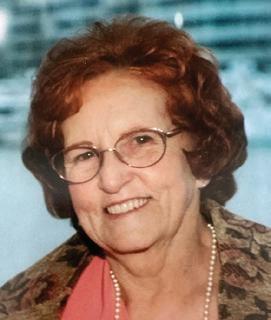

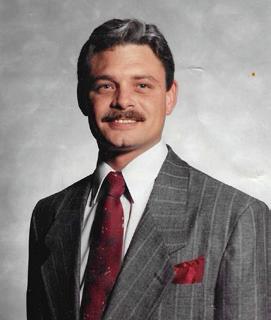


Olivia






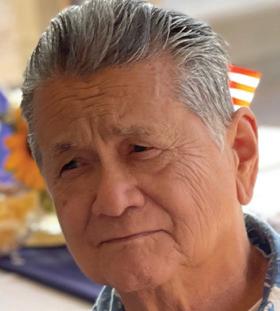
Robert


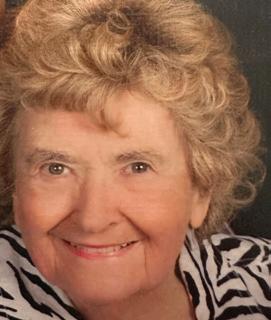

Philip





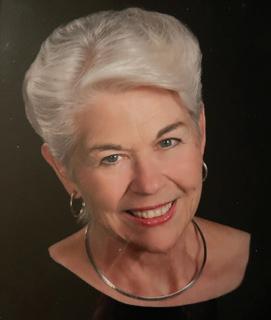

Ronald





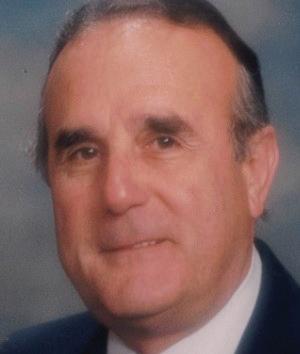





H.
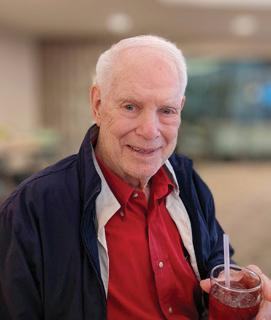
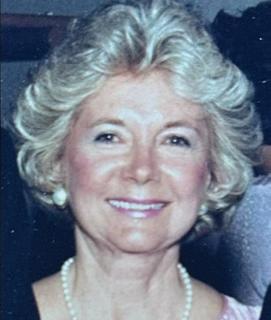

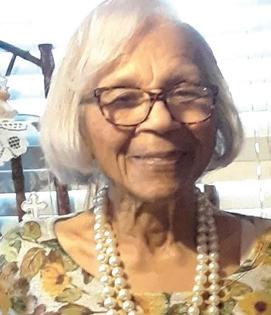






Alfred



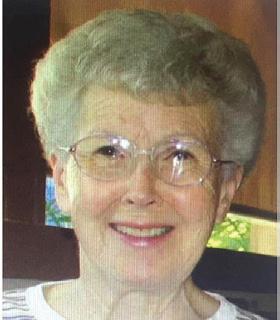



Antoinette

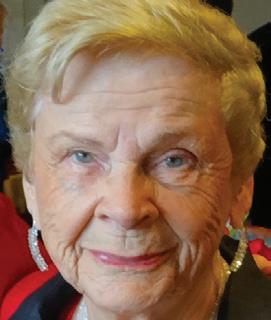
Helen


Roberto


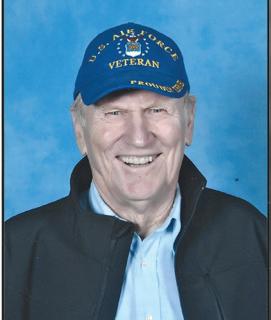


Judith

Janet
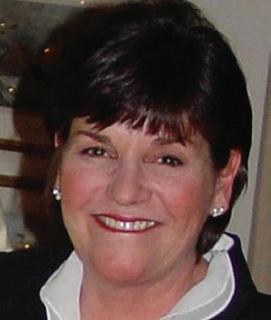


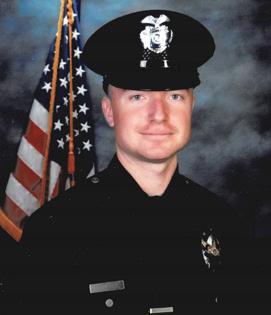
Austin

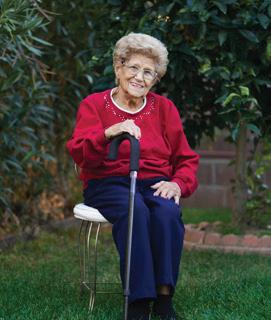
Virginia




Ruth


Leslie

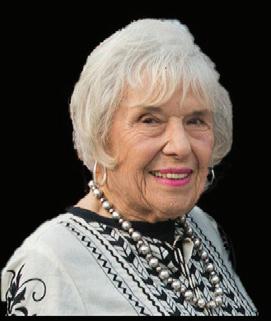
Mary

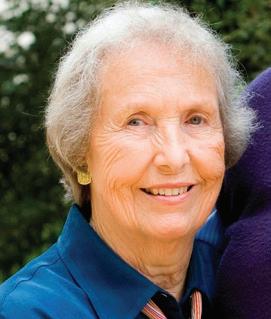

Axel
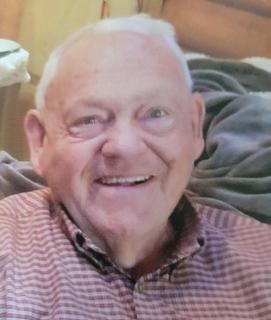
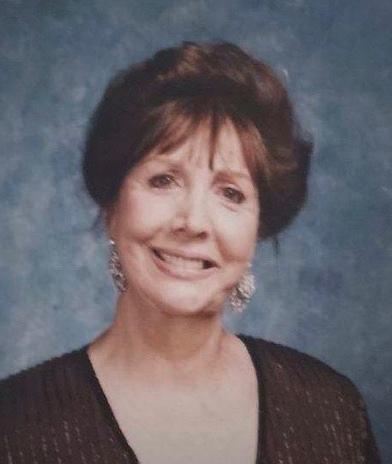
Joan


Hugh


Lucy

Elliott

Robert


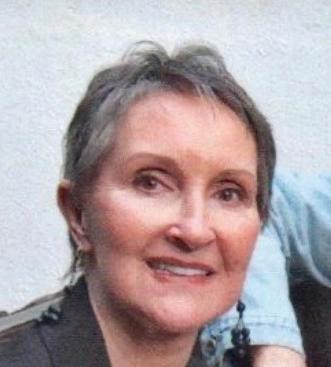
Dolores


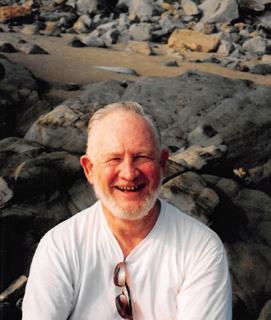
James

Patricia


Dominic


Helen

Nunzia



Kathryn


Geraldine

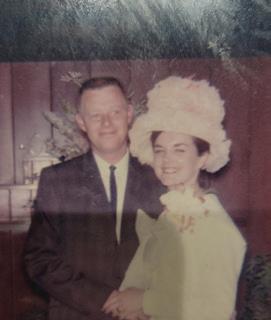
Allen



Mary

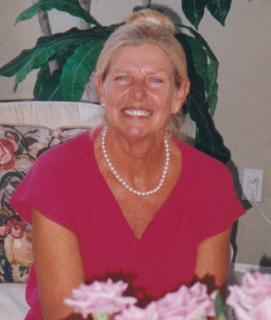
Jacqueline

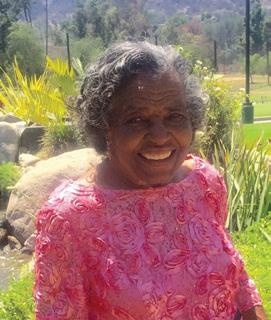
Margarie



Virginia

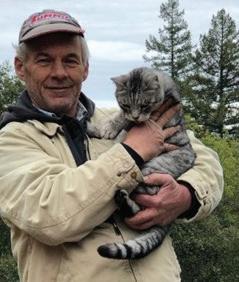
Stephen
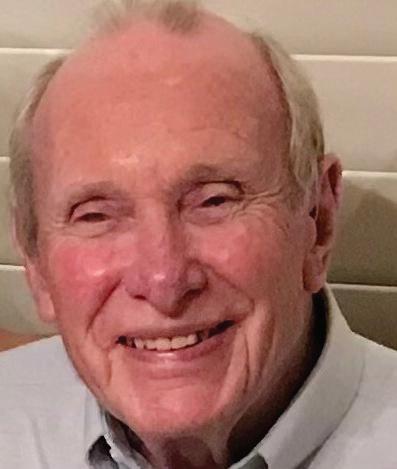




Teresa

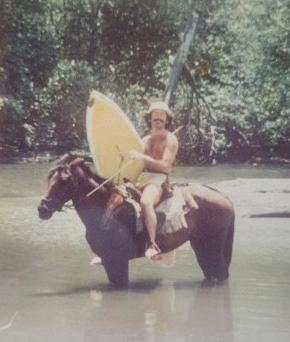
Thomas


Mary
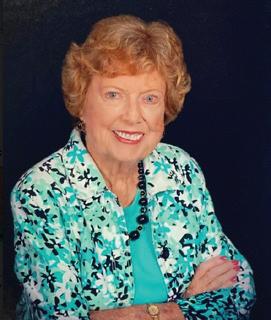


Dorothy
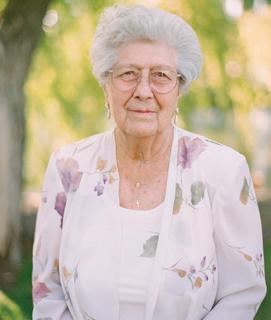
Helen




Mary


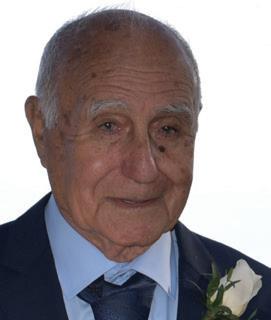
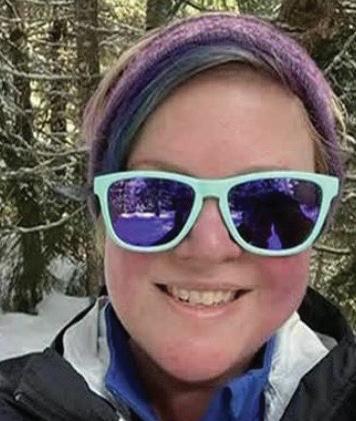
Allyson

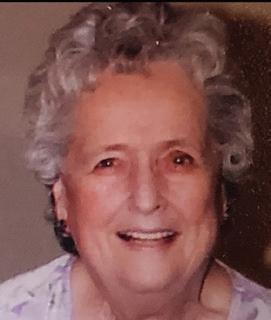



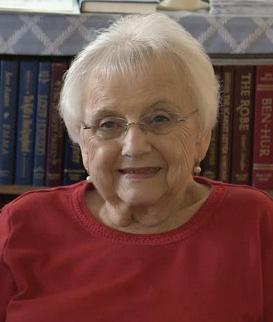
D’Ann
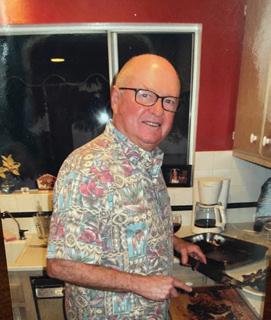


Octavio
Children are amazingly perceptive. They sense when adults around them are stressed, sad or keeping a secret. While you may beinclined to shield children from grief, this can actually lead to confusion and anger.
Wherever possible, children should be prepared for the passing of a loved one. In the event of a terminal illness, children should beprepared for the passing just as an adult would be. Death should be approached openly and honestly. Remember that children are accustomed to adults providing solutions and will have difficulty understanding why their loved one can’t be made well again. Explaining the process of death, perhaps with the assistance of suitable books, is a healthier approach than denying the tragedy.
Although naturally resilient, it should not be assumed that children will be unaffected by death. They may experience any or all of the following:
Children, like adults, may feel rage at the deceased person, other relatives or themselves. They may even resent acquaintances who have not had to suffer through the anguish of losing a loved one.
Whenever a loss occurs, people affected are reminded that they, too, will die. It is no different in children, although it may be their first time realizing the permanence of death. They may fear their own death, or the death of others. If the deceased person was a parent, they may begin to fear that other caregivers will pass away too.
Children experience deep sadness and even depression. They may not have experienced this level of pain before, making their feelings unrecognizable to them. Grief also manifests in physical

symptoms such as stomach pain, headaches and fatigue.
Children may not understand where the deceased person has gone and why, especially if they are too young to understand the concept of death. They may also have trouble adjusting to life without the person who has passed away, especially if that person was part of their day-to-day.
Guilt is a natural part of grief. Children may worry that something they did or said caused the death. They could also regret not spending more time with the deceased before they passed away.
Older children should be allowed to choose their level of involvement with regards to attending the funeral. They may want to write a poem, say a few words, lay a rose on the coff in, scatter ashes or wear a favorite outfit. This should be allowed wherever possible, even if it is not in keeping with the ideals of the funeral service.
Viewing of the body should be a personal decision and is probably not suited to younger children. It may be best if the loved one is remembered as when they were alive. If it is decided that the
opportunities for peace.
Involve older children in decisions surrounding the death of a close friend or relative. They may want a special keepsake and should not be overlooked when belongings are being given away. Keeping to familiar routine, especially for younger children, can be helpful but care should be taken not to push children into situations until they are ready. Allow older children suff icient time to grieve and avoid returning them to school too soon.
child will view the body, they should be carefully briefed as to what to expect.
Grasping the concept of death
Caregivers should take care to avoid talking about death as if it is “like sleeping” or “going to sleep” because this can make a young child fearful of going to bed at night. They may believe that they will not wake again in the morning. Euphemisms such as this ultimately do more harm than good. It can be stressful for guardians to cope with young children at such a solemn time. If children are attending the funeral, it is important that they are made aware of the process and what is expected of them. It should also be explained that there will be many sad people inattendance. Observing grieving adults can have a profound effect: children may be reluctant to see those people again at a later stage. Itis important to explain that although people are sad now, they won’t always be unhappy.
If it is decided that children should not attend the funeral, encourage them to say goodbye in their own way, perhaps by planting aspecial tree in the garden or letting go of a balloon covered with messages and drawings. For a close relationship, creating a special, private place where the child can go to remember the person who died can provide enduring
Encourage the child to talk about their feelings. Older children may find internet support groups helpful but online activity should becarefully monitored at this vulnerable time. If those closest are unable to provide support due to their own grief, the child should becomforted by a close adult friend, perhaps a favorite aunt or uncle.
Wherever applicable, the school counselor may be able to provide advice and indeed, the school should be kept informed so that allowances can be made for changes in behavior and grades. Understand that the child who has recently been confronted by death may regress for a short while – perhaps wanting a childhood toy or adopting attention-seeking behavior.
Help children release their anger appropriately. One approach could be to encourage hitting cushions. Another could be to have the child write a letter, or draw a picture to describe their anger. This can then be torn up or burnt.
Physical health is often forgotten or given a lower priority. However, ensuring their physical needs are attended to will provide them with a sense of safety and comfort. Ensure they have enough time to rest. Encourage children to eat and drink well. Exercise and playcan be the perfect way to release frustration, anger and anxiety. Above all, ensure that children understand that although this time is difficult to deal with and the loss will always be with them, the grief will pass.

John F. Gilhuly


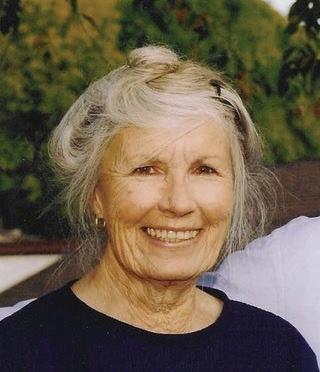
Kathleen Rae Gliksman


Richard Gregor


Mary


Joan Morlan Hausmann

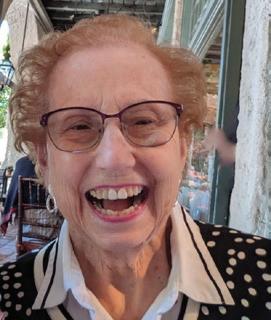
Jacqueline E (Jury) Groseth




Darlene Hansen


Dolores Kathleen Hicks
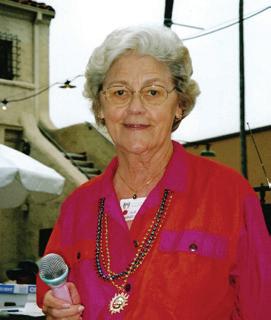
Sue Haynie-Horn

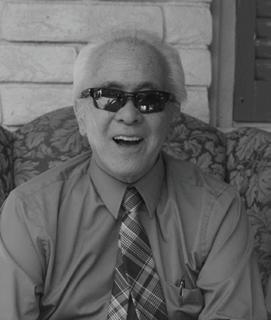
Melvin Masao Higa

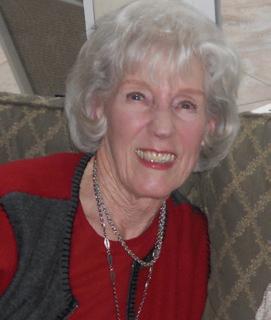
Marjorie Ann (Mitchell) Goetz



Tom Gruzo


Alice

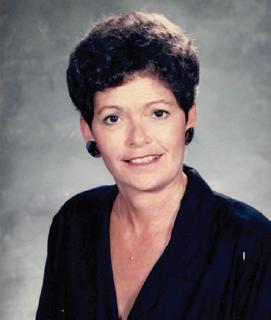
Darlene Ivie Heil

Betty Jo Goodwin


Bruce


Dan Hart

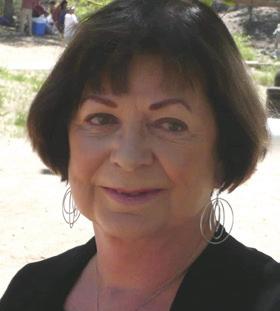
Irene Green-Garcia


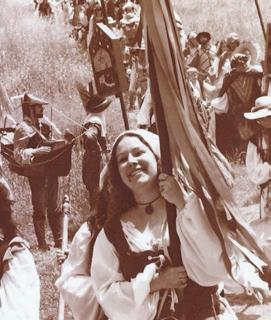
Lynn

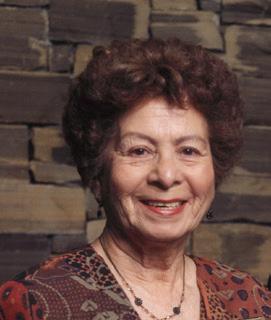
Dora Silvas Hernandez

George Yasuo Hirano

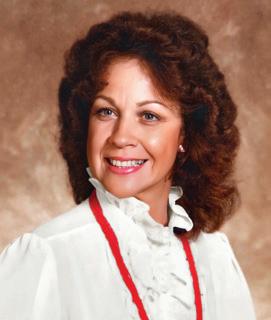
Sarah Jo
Ann Hix-Kanou

Sally

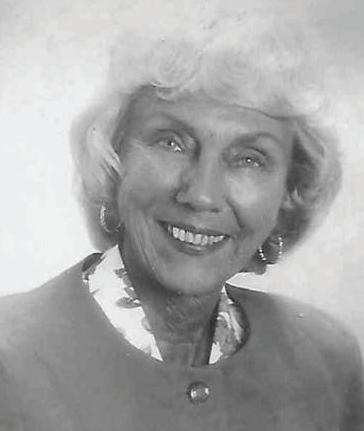
Jean Ruth (Trinkner)


Terrance (Terry) George Hodel
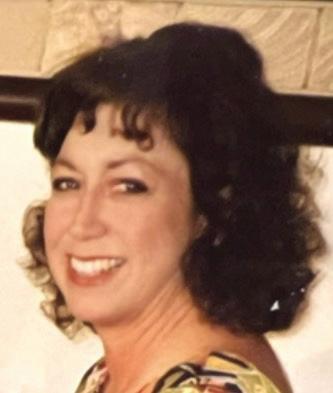
Patricia


Eric
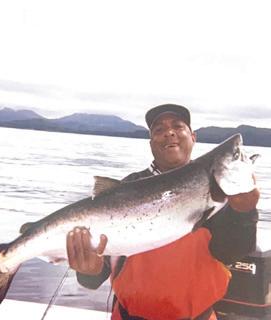


Ralph


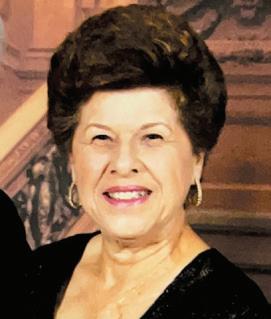
Katherine


Maria


James

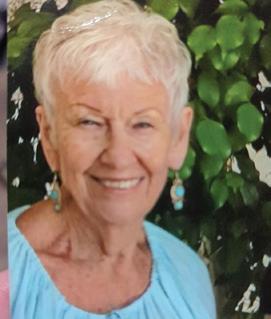
Alice

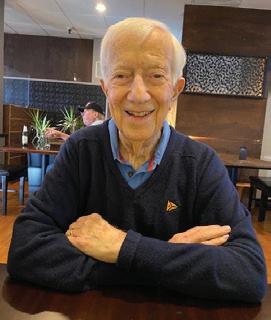
Peter



Big




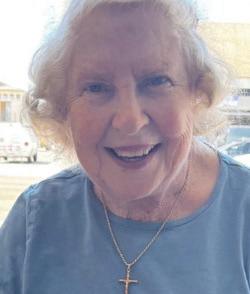

Krsto




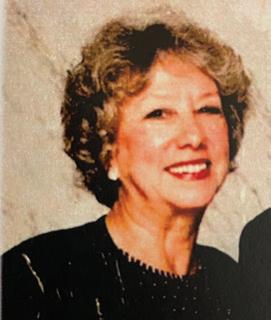

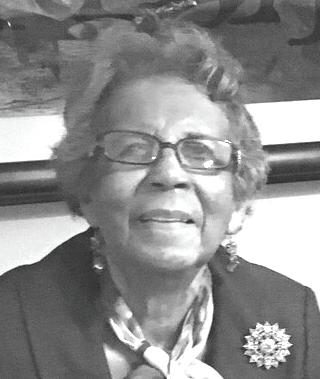


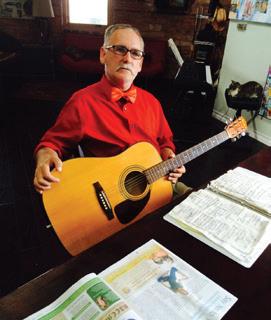
J.Scott


Thomas




Mary
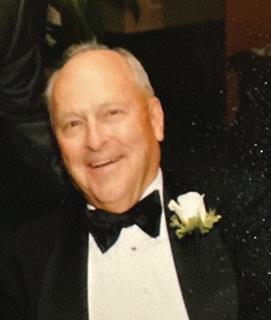
John

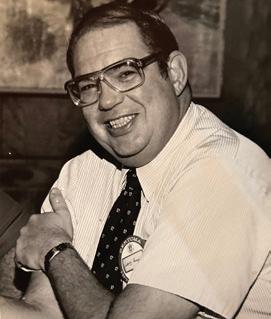
Larry


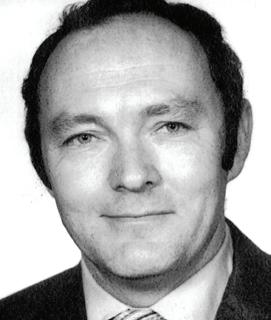
James


Harriet

Roger



Mary

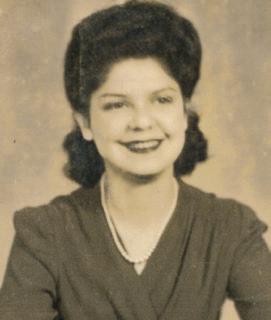


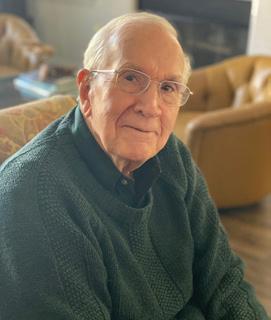







Richard



Mary





Robert
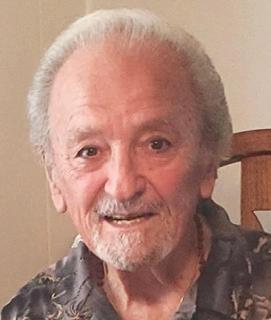

John



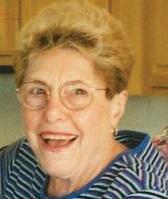
Nina

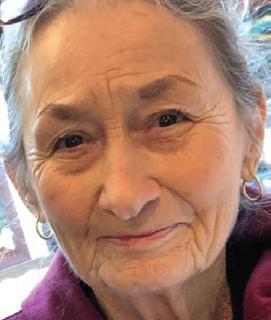





David



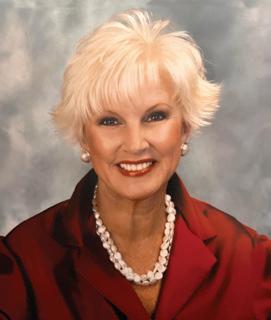



Valerie


Lynn


Erin

Giving the eulogy at a funeral is an honor as well as an intimidating responsibility. Particularly if you are not accustomed to publicspeaking, it can be difficult to know where to begin.
Well, take a breath and relax.
With a little forethought, you can prepare and deliver a stirring eulogy.
It is important to invest the time necessary to prepare in advance. Do not wait to “wing it” during the funeral. That is a recipe for disaster. You may freeze up, ramble on, and miss out on the opportunity to pay proper tribute to your loved one. If you plan ahead and organize what you intend to say, it will minimize those dangers. When the time comes, you may choose to digress a bit from your prepared statements, but you will at least have a framework to guide you.
To help with your preparation, make sure you carry a notepad, smartphone or tablet with you for note-taking purposes. Whenever you hear a family member or friend make a relevant observation about the deceased, quickly jot it down. This way, you can keep track of quotations, humorous stories, and factual information. Later, when you sit down to organize your thoughts onto paper, you can use your notes as a reservoir of ideas.
If you are have difficulty recalling information or getting input from others, don’t be afraid to ask outright. Spark conversations by asking questions such as:
• What is your favorite memory of your time with them?
• If you could sum up their life in one word, what word would that be?
• What kinds of hobbies did they have?
• What nicknames were they known by?
When you have gathered enough information, it is time to put it all

together. While there is no right or wrong way to prepare a eulogy, the following blueprint can help you get started if you are unsure.
To begin, describe your own relationship with the deceased. Explain how you are personally affected by the loss. Remember that many of the people listening to you will understand fully and may share many of the same emotions. Next, work in some personal details pertaining to the deceased, and include three or four anecdotes. Tell stories that included you, or that were shared with you by others. Heartwarming accounts of generosity are powerful when delivered in a eulogy. Stories that demonstrate the person’s character will resonate with the people who miss them. Humorous anecdotes provide much-needed comic relief from the tension of a funeral service. However, be sure to keep the humor respectful and appropriate. If the loved one was a person of faith, you can make note of that, too.
Talk about life lessons you learned from them as well as the qualities that
made your loved one special. Whenever possible, tie these lessons or qualities into your anecdotes. Beware, however, of the danger of turning the eulogy into a story about yourself. Keep the focus on the person you are honoring.
Near the end of the eulogy, consider addressing the deceased directly. For example, you can turn toward the casket and say, “Mom, I love you and I’m going to miss you. You taught me well, I couldn’t have asked for a better mother, and you will always be close to my heart.”
You may choose to end on that note, or you may opt to share a final poem or read a verse from a favorite hymn in closing.
You should prepare a complete manuscript of what you plan to say. Though the process may be difficult, it will force you to focus an dorganize your thoughts in a coherent fashion. Using this manuscript, you can practice delivering the eulogy a few times to see how it flows and to edit for length. In most cases, a eulogy of five to ten minutes (two to four
typed pages) is appropriate. If you expect that you will stray from the manuscript during delivery, aim for shorter. If you tend to speak faster when nervous, prepare a longer eulogy.
Whether you take the complete manuscript to the podium or condense the eulogy onto cue cards is your decision. If you are nervous about speaking publicly, bring the entire manuscript up to the podium with you. Just having it handy can relieve your anxiety about getting lost during the eulogy. If you are a confident public speaker, condense the eulogy to bullet points on cue cards. This will help you deliver a more natural, conversational tribute to your loved one.
If you invest the time and energy in preparing the eulogy, you can approach your responsibility with confidence. Step up to the podium, take a deep breath to calm your nerves and get your bearings, and tell everyone about this wonderful person you are honoring.

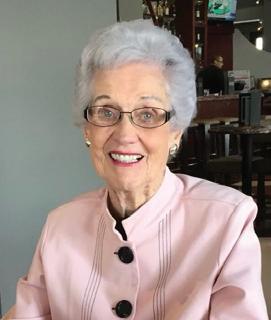
Janet Elizabeth McKie 1930-2024 Redondo Beach, CA



Marsha “Sharp” Mullens 1945-2024


David

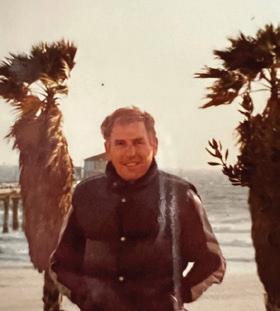
Helmut Meidl 1938-2023 Manhattan Beach, CA



Judith Ane Murdock

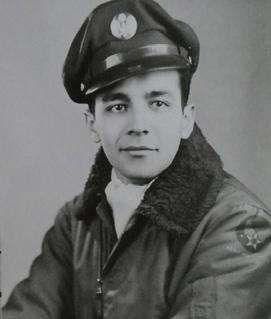
JosÈ Ortega


Pat Mills 1948 - 2023 Long Beach, CA

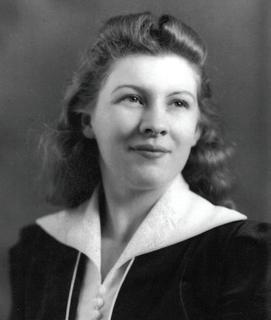
Dorothy


Loretta


Michael Paul MontaÒo 1966-2024 Palm

Masayuki Nakao 1926-2024


Pok Su Ortiz


Carl Ezell Patterson


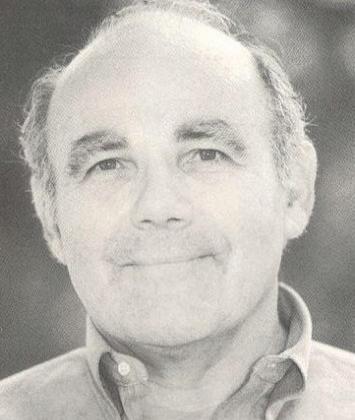
Robert


Margaret Elizabeth Ozaroski


Rita Nappi 1933-2024

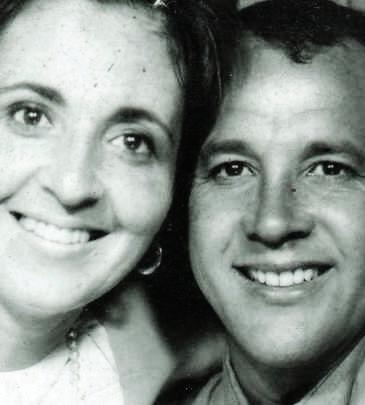
Anna

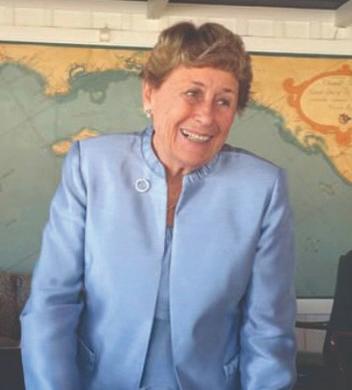
Kathryn-Marie Gough Morgridge 1925-2024


Donald

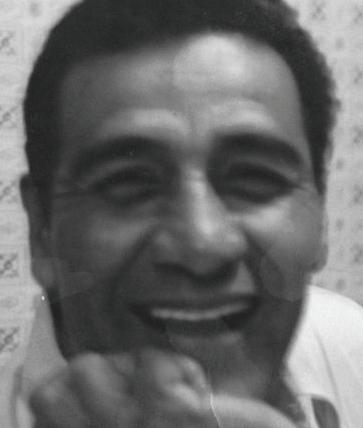
Joe
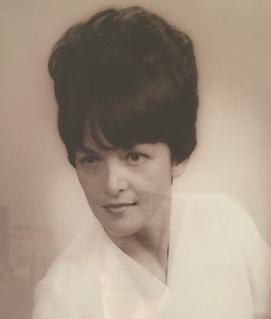
Gina


Shirley

John



Kenneth Peter Perez





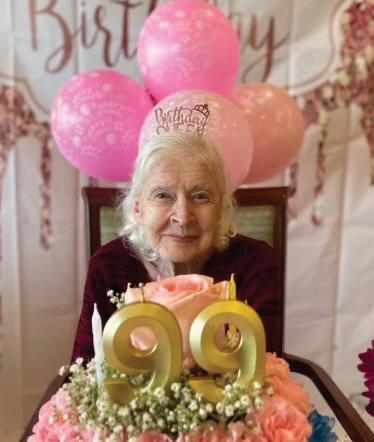

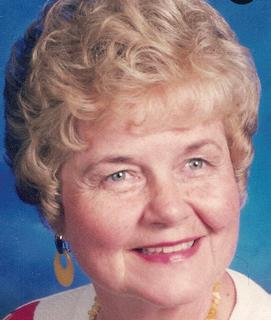


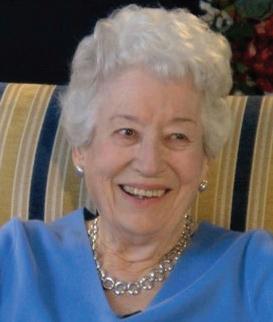

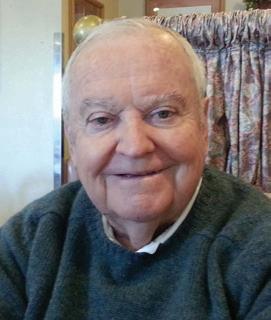







Ernest




Robert





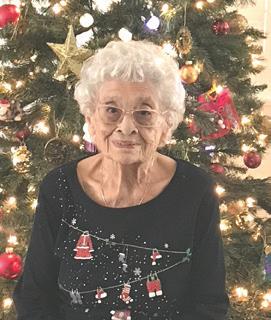



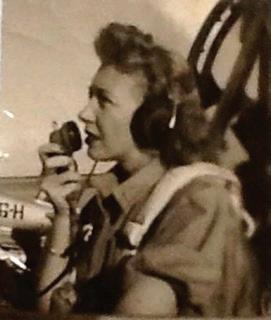

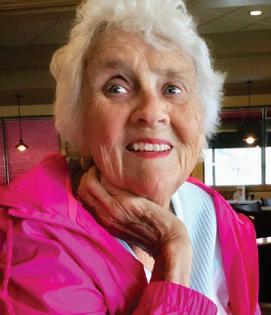




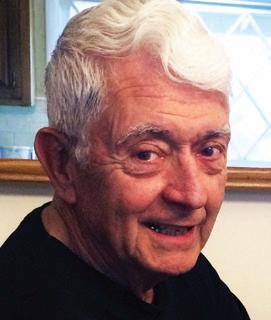
David


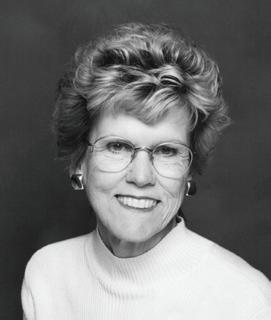
Gretchen
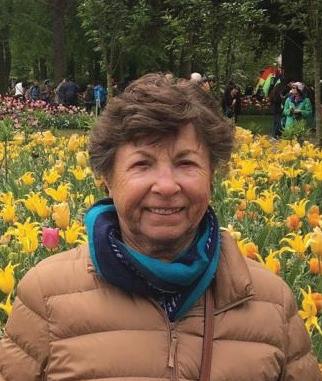

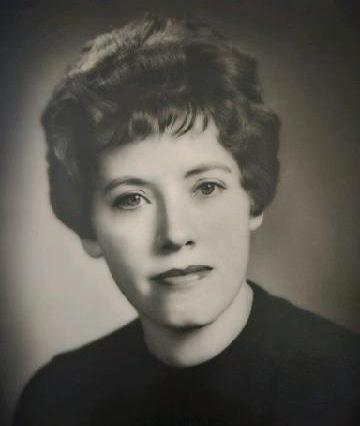

John


Mark W Schuster



Mary Bradley Shivers

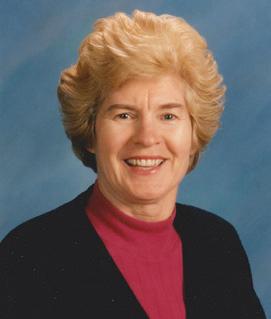
Blazenka “Bonnie” Sorich

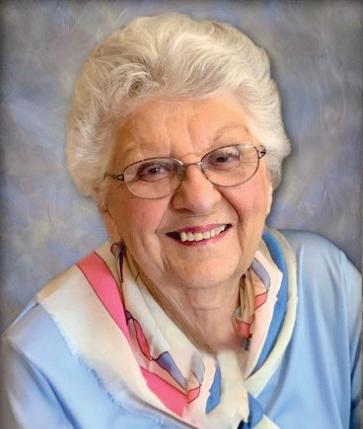
Marilyn Jean “Hoopie” Scott



Carmen Anthony Scotti


Christopher Howard Slaven


EDMUND SUTRO


Kenneth Brian Toledo
Hawthorne, CA


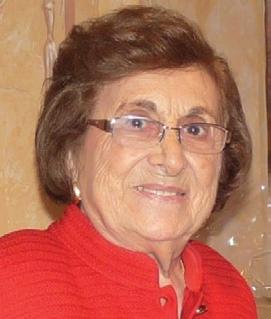
Carmela Spinoso

Linda Kenny Sloan

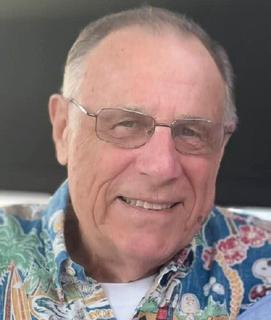

Lilah Mae Stangeland

Malcolm Schalick Sharp

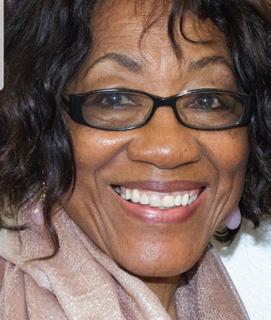
Patsy J. Smith


William Leroy Starkey

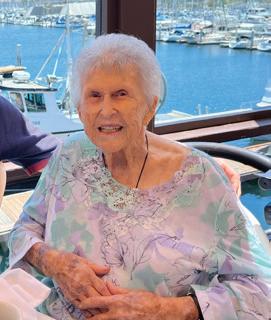
Dolores Mary Sheppard


Anne Smith

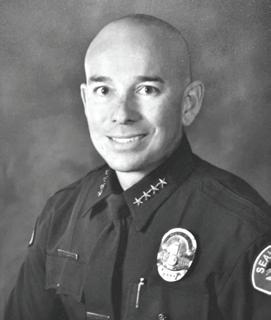
Joseph Stilinovich

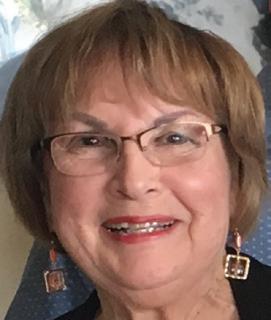
Kenneth (Ken) Eugene Svilich


Patricia (Patty, PT) Torrence
Manhattan Beach, CA

Winifred “Winnie” Tedesco


Antonio L. Trinidad

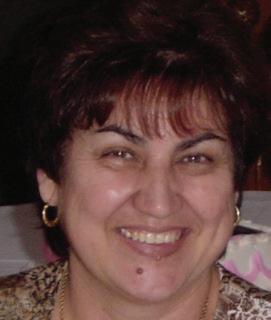
Zora (Ruza) Tepic

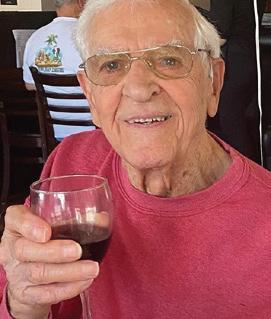
Carlo (Carl) Tripoli
Whittier, CA


Vincenzo Terzoli

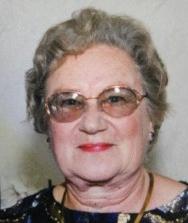
Anna Vaiciunas
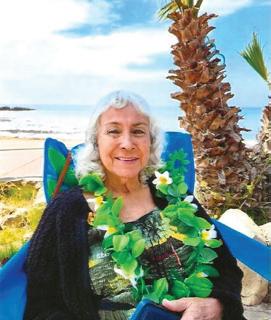




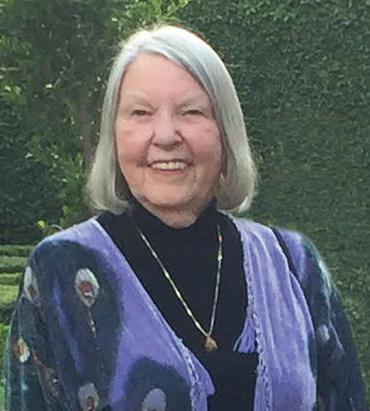

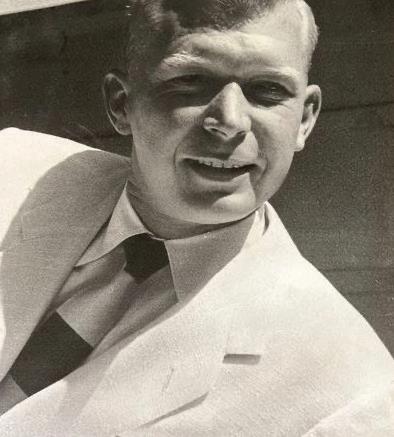




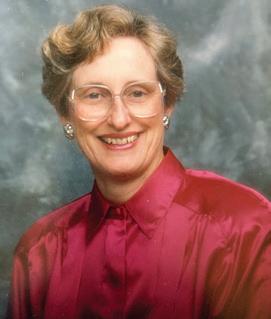

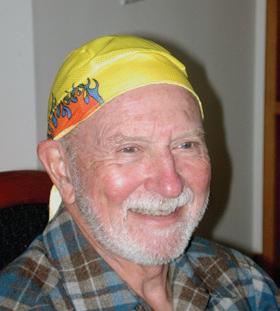




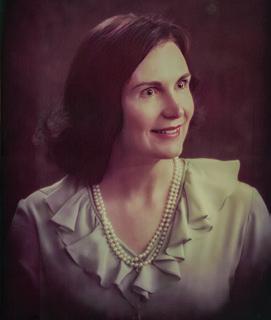



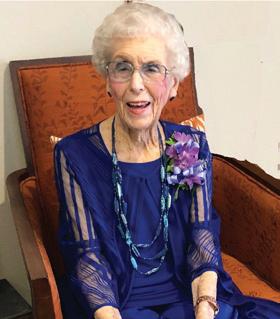

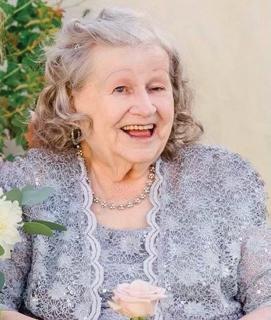




George



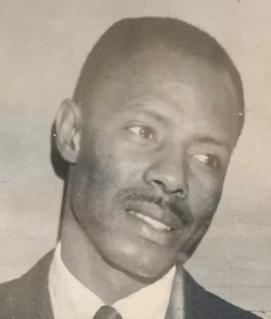

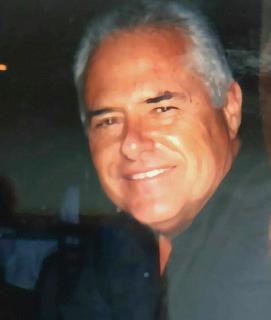

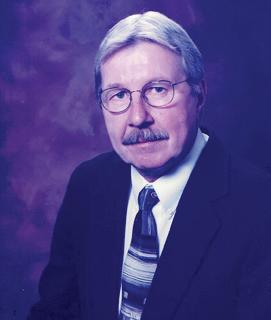


Marygene


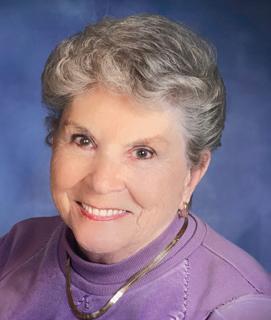

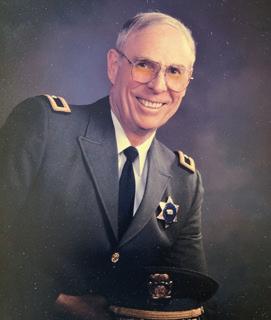

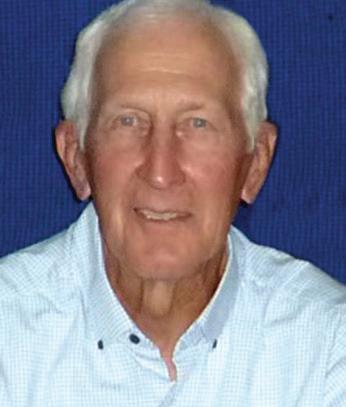
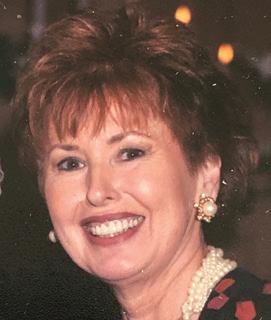

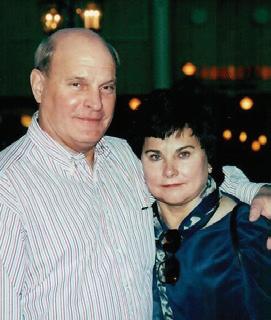


George Zaninovich 1936-2023
Gig Harbor, WA


Marie H. Zecher 1933-2024

Carol Dobra 1936-2024
San Pedro, CA

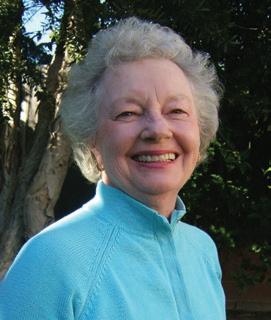
Arlene Staich 1942-2024
Redondo Beach, CA

Santa Barbara, CA

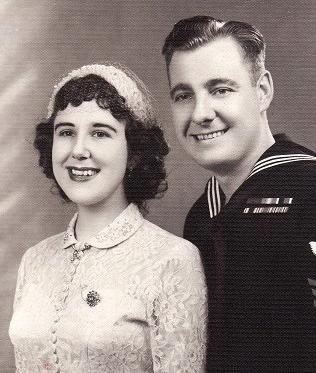
Alice Amelia Zuelke 1933-2023
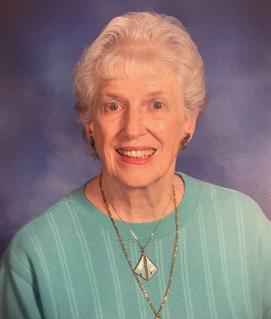
Rosarita Horn 1928-2024
La Habra, CA

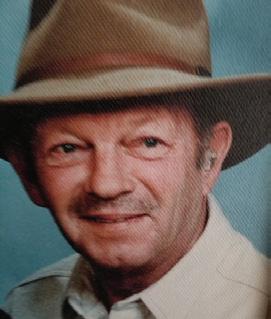
Frederick Van Allen 1932-2024
Sun City, CA

Las Vegas, NV



Lawrence Levy 1942-2023
Long Beach, CA
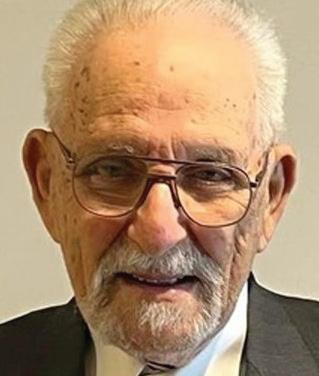
Roy Calman Zukerman 1932-2023
Cochise County, AZ



Lewis Rosenberg 1937-2024
Long Beach, CA
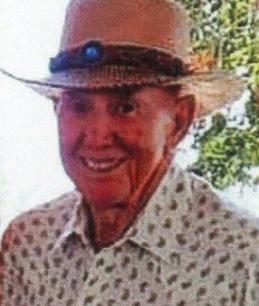
Robert Buell 1929-2023
Long Beach, CA


Terre Simpson 1948-2024
Long Beach, CA


Green Hills Mortuary...................................................... greenhillsmortuary.com
McNerney’s Mortuary ................................................... mcnerneysmortuary.com
McKay’s Mortuary ......................................................... mckaysmortuaries.com
Rice Mortuary ................................................................ www.lafuneral.com
Luyben Dilday Mortuary ................................................ luybendilday.com
McKenzie Mortuary ....................................................... mckenziemortuaryservices.com
Cabot & Sons ................................................................ www.cabotandsonsfh.com
Douglas & Zook ............................................................. douglassandzook.com
Forest Lawn Covina....................................................... forestlawn.com
Fukui Mortuary .............................................................. www.fukuimortuary.com
Pierce Bros. dignitymemorial.com
White Emerson .............................................................. www.whiteemerson.com
Woods Valentine ............................................................ www.woodsvalentinemortuary.com
Whites Funeral Home .................................................... www.whitesfuneralhome.com
McAuley & Wallace ........................................................ www.mcaulaywallace.com
Mountain View Mortuary ............................................... www.mtn-view.com
All Caring Cremations.................................................... allcaringsolutions.com
Kubota Mortuary ........................................................... www.kubotamortuary.com/
Rose Family Funeral Home & Cremation ...................... www.rosefamilyfuneralhome.com
Mount Sinai Memorial Park & Mortuaries ...................... https://mountsinaiparks.org
Chapman Funeral Homes ............................................. www.chapmanfuneralhomes.com/
